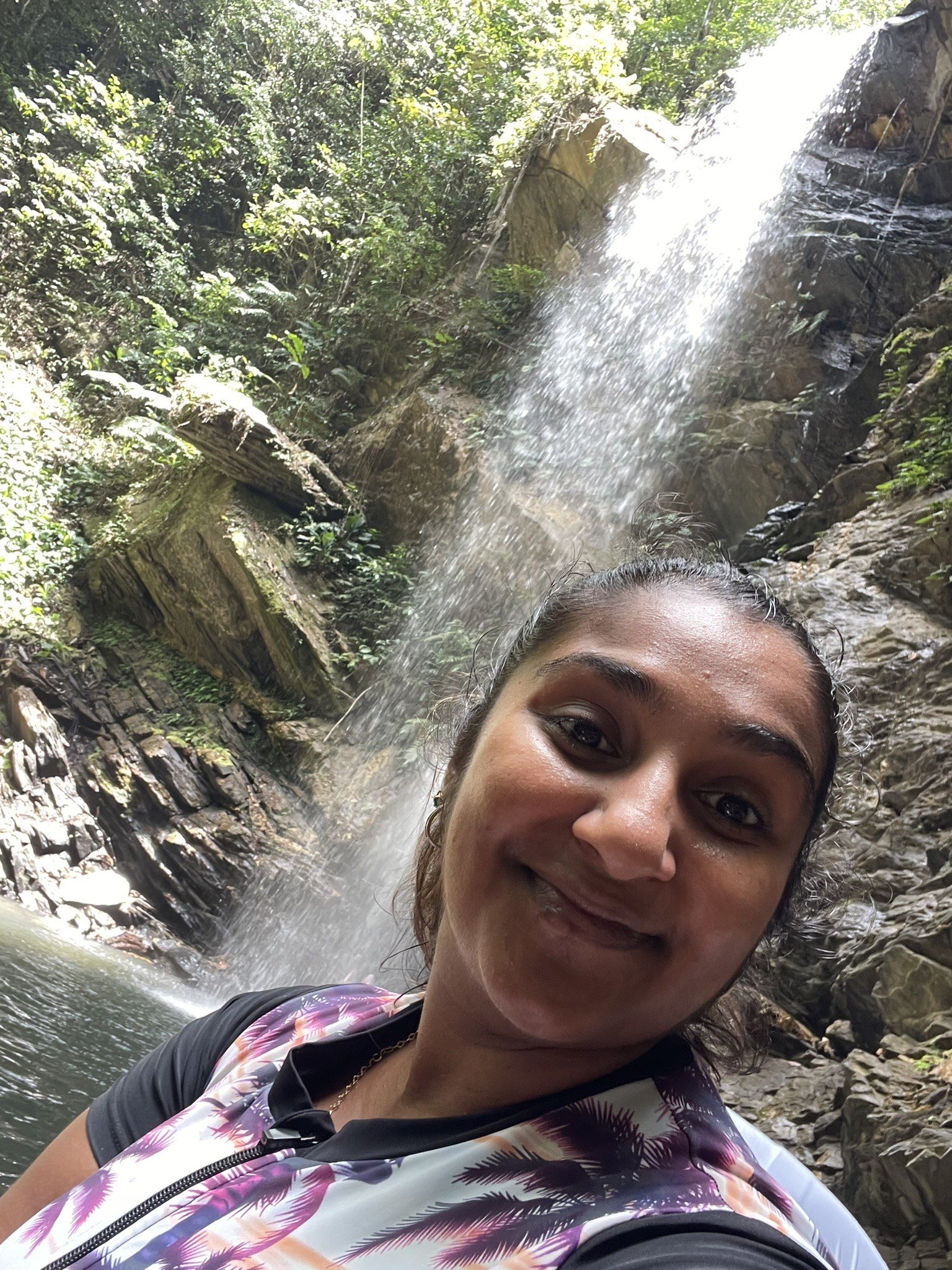Ron Bassar
Team Leader
Email: rdb0057@auburn.edu
Among the more striking patterns in nature is the variation in the life history (age or stage schedules of birth and death) of organisms. For example, some organisms live for a short period of time and others live very long. Within that life span, organisms also vary in how they divide their lives into the amount of time devoted to preparation and reproduction, with the transition marked by the age at maturity. Why?
I started searching for answers to this question while an undergraduate in 1999 doing research on these questions with birds. After graduating in 2001, I spent the next four years researching life history evolution at field sites in Arizona, Venezuela, South Africa, and Panama. Decades of theory had predicted and empirical research confirmed that age-specific patterns of mortality was the fundamental cause of variation in the life history. The primary agent of mortality was thought to be caused by predators or parasites.
By 2005 I was convinced that there was more to story. After all, predators and parasites do more than kill their prey. They also reduce the population size giving the prey population more resources. What this means is changes in predation necessarily go hand in hand with changes in resource levels. How did these top-down (predators and parasites) and bottom-up (resources) factors interact to shape the life history?
That year I began my PhD work with David Reznick at the University of California and went to Trinidad for the first time in 2006. I decided to work with David because, despite his work on the guppy system being the best empirical studies of how predation shapes the life history, he shared with me the feeling that there was more to the story. Soon after beginning my PhD work, David, Joe, and a collection of other scientists were awarded a grant from NSF to start work on this question and the incipient Guppy Project began.
Since then, my research group has been focused on the interplay between evolutionary and ecological processes in natural populations. We address fundamental questions in evolutionary ecology including eco-evolutionary feedbacks in life history evolution, the evolution of species coexistence, and most recently, host-parasite interactions. Because evolutionary fitness and population dynamics are fundamentally quantitative, most of our work involves mathematical eco-evolutionary models in age or size-structured populations. We develop these models to derive general predictions and test these predictions with data to draw conclusions. Our empirical research involves comparative and experimental research in the laboratory, mesocosms, natural populations, and the experimental populations set in nature.
CURRENT TEAM MEMBERS
Field Crew and Research Site Managers
Ignacio “Nacho” Paulin
Trinidad Field Site Manager
Kippy
The station dog
Provider of emotional support, cuddles, chaser of geckos and home security alert system
Shavika “Vika” Maharaj
Trinidad Field Site Manager
Auburn Lab Personnel
Archie
Auburn work/life balance technician
Madison Ansoategui
Bassar Lab Manager
Luna
Auburn work/life balance technician
Current Graduate Students
Alex Krak
PhD Student
Ben Sniegowski
Masters Student (photo featuring Kippy)
Evan Jerome
PhD Student
Postdocs
Ryan Mohammed
Current Undergraduates
Rachael Young
Sydney Adams
Nick Howatt
Joshua Rigby
Meg Gautney
Victoria Buzek
Caroline Smith
FORMER TEAM MEMBERS
Paul Saucer
Undergraduate technician and the designated handyman
Daniel Yuan
Undergraduate technician in guppy lab
Eliza Jansujwicz
Undergraduate technician in guppy lab
Darren Wang
Undergraduate technician in guppy lab
Catherine Powell
Undergraduate Researcher Working on Telomeres
Jaycee Wisdom
Undergraduate technician and designated herpetologist
Lexi
Auburn work/life balance technician
Winston (buzz)
Work life balance technician assistant
Tess Lindow
Undergraduate technician in the guppy lab and designated planter
Izabelle Ith
Undergraduate technician in guppy lab
Emily Agreda-McCaughin
Undergraduate field assistant in Trinidad
Mikayla Kappes
Undergraduate field assistant in Trinidad
Stella Woo
Undergraduate technician in guppy lab
Emily Burch
Thesis Student ‘19
Emma Rogowski
Thesis Student ‘19
Sophie Lu
Thesis Student ‘19
Megan Powell
Undergraduate field assistant in Trinidad ‘18
Del Rose Hooker-Newball
Undergrad technician in guppy lab “18
Azar Dixit
Undergrad technician in guppy lab ‘18


































